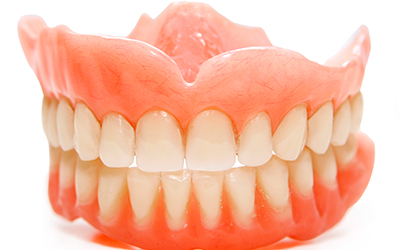Image Credit:
File ID 7876720 | © Paul Prescott | Dreamstime.com

The jaws and bone which support and surround the teeth
The main factor for gum disease is plaque. Periodontal disease, nevertheless, can also be caused by other things. These comprise of:
Gingivitis can more easily develop because hormonal changes, such as those that take place during menstruation, pregnancy, menopause, and puberty, make gums more sensitive.
Your gums' health may be impacted by illnesses. This includes illnesses that compromise the immune system, such as cancer or HIV. Diabetes patients are more likely to acquire infections, such as cavities and periodontal disease since the condition impairs the body's capacity to use blood sugar.
Since some medications reduce saliva flow, which protects teeth and gums, oral health can be impacted. Some medications, including the anticonvulsant Dilantin or the angina medications Adalat and Procardia, might result in abnormal growth of gum tissue.
Gum tissue has a tougher time healing itself when bad habits like smoking are practiced. Moreover, gingivitis is more likely to form if you have poor oral hygiene practices, such as not flossing or brushing daily.
Gingivitis development may be influenced by a genetic history of dental disease.
Although its development can vary, most or all gum diseases are curable